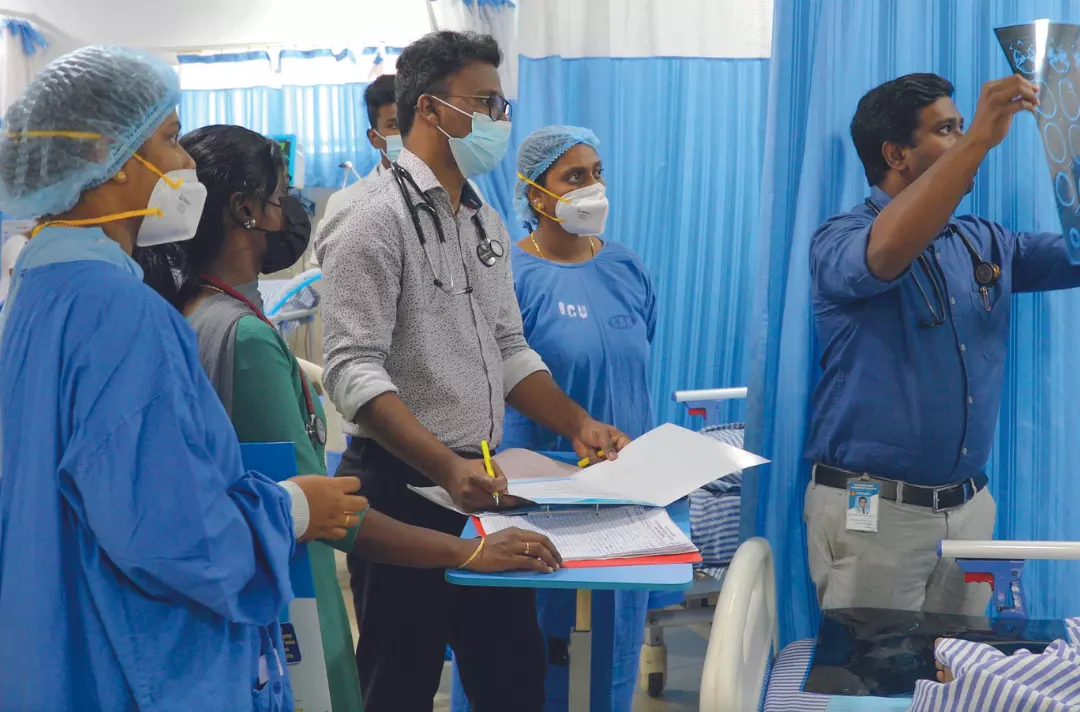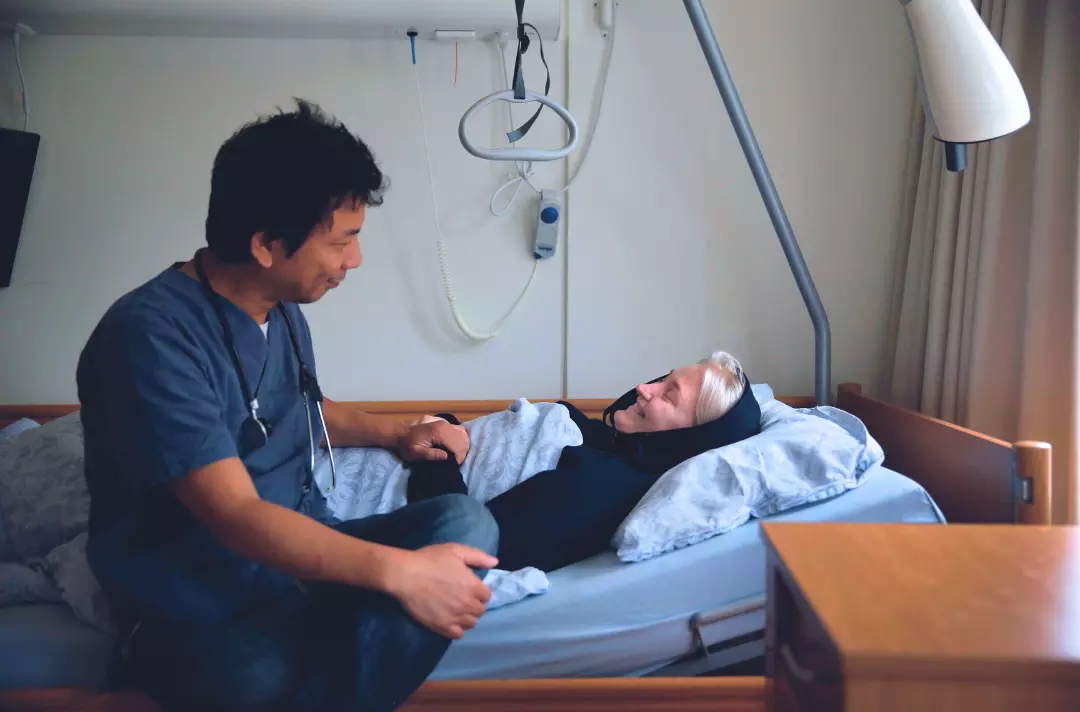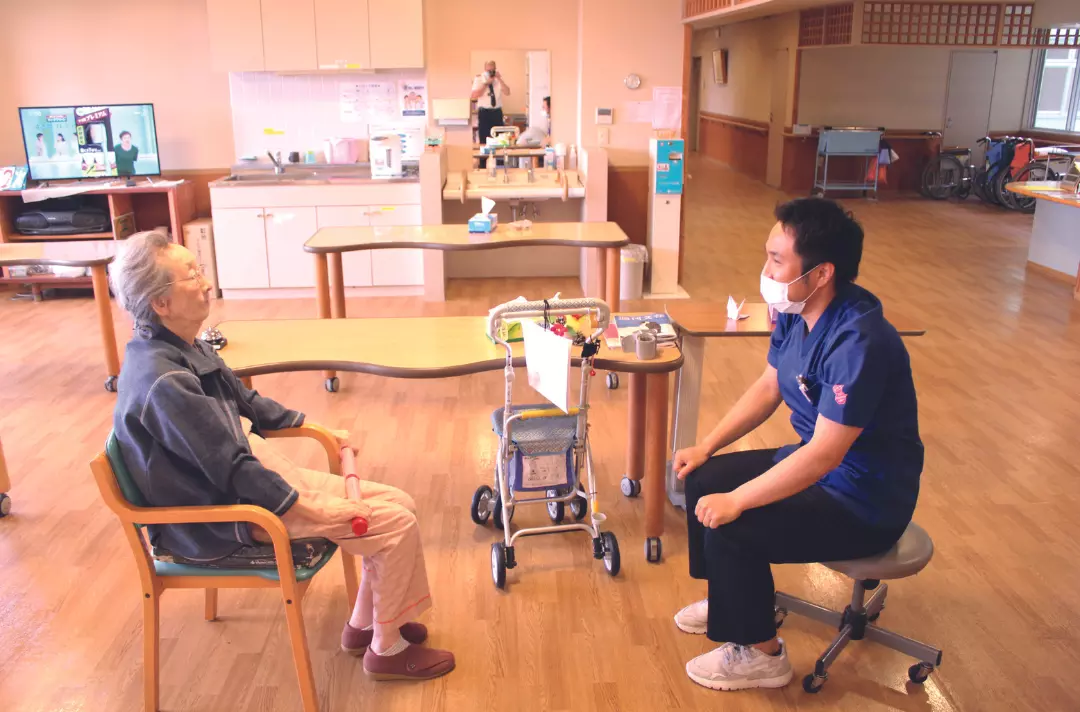22 August 2023
Why does The Salvation Army run hospitals?
Simon Hope
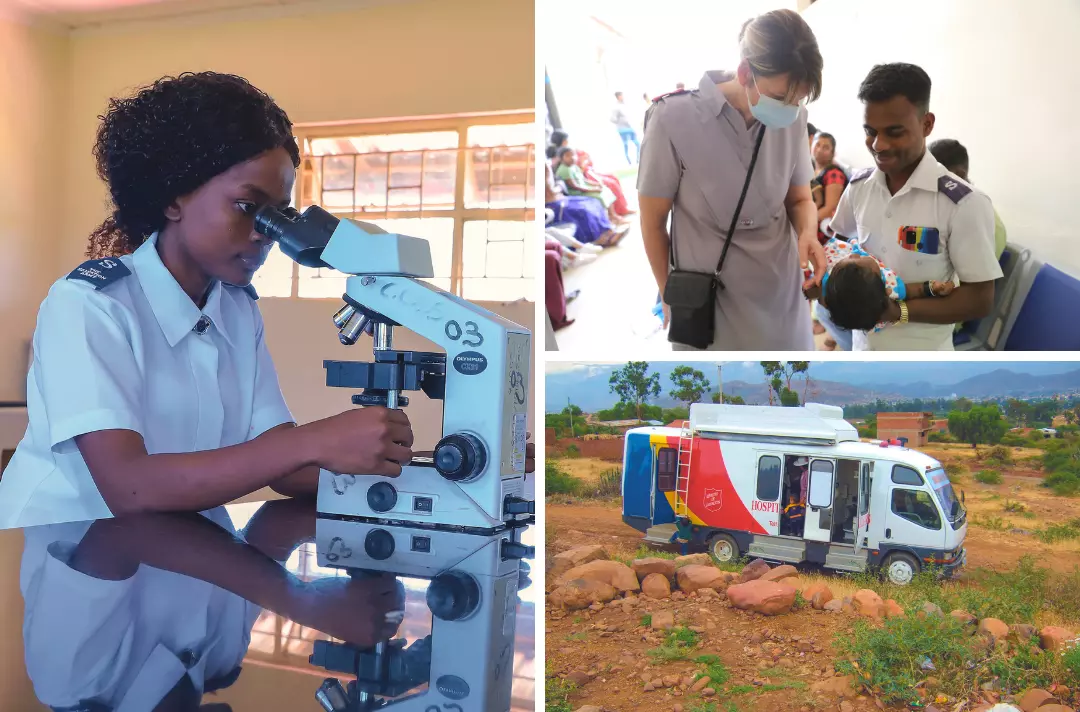
130 years since the International Health Services began, Captain Heidie Bradbury (IHQ) tells all to Simon Hope.
What is the Army’s International Health Services?
We focus on the Army’s hospitals and clinics as well as community health programmes and training for medical staff. At the moment, we have them around the world, all the way from Canada and Papua New Guinea to South Africa. Each hospital runs very differently. Quite a few of our hospitals are struggling, but there is still a strong ministry. And many of our hospitals – such as the Chikankata Mission Health Services and Howard Hospital, in Zambia and Zimbabwe – are really the only institutions that provide health services in their local communities. So, there is still a strong need for them.
What does the work involve?
We try to focus on a worldwide global response to health. Of course, that’s within our institutions, but it’s also beyond that in our communities. We believe strongly in community health close to home. The beauty of The Salvation Army is that we have a presence in many communities through our corps, so health education is really important and effective.
We want to highlight preventative health, not just focus on curative care – such as the provision of clean water, VIP latrines and health education. It’s way more than just the clinics and hospitals and even within them; there should always be a preventative aspect that goes into the community.
What is your role?
I am part of the International Development Services Team. As International Health Services co-ordinator, I provide technical support. Right now, we work with lots of health projects that receive external support. Not necessarily IHQ funding – we have some great supporting territories around the world.
Some of our hospitals are really struggling, so we talk with them about financial sustainability, although it can be difficult to be financially sustainable, especially in places such as Zimbabwe. But then we look at the sustainability of people’s lives and health – if people can’t afford healthcare, they get unwell and can’t work or go to school. We are going through a review where we’re spending time looking at operational costs, looking at how we move forward, and spending a lot of time on accounts and financial reports.
As part of my role, I’m also able to visit some of these places. This year, for instance, I went to the India South Eastern Territory to see Catherine Booth Hospital in Nagercoil, which is where our health ministry began 130 years ago.
How are officers involved in running these services?
It depends. Most places have an administrator, which will generally be a Salvation Army officer. Often, we have nurses and doctors paid for by the government, which is excellent because then we have a strong partnership.
There was a time, if you look back on the history of it, where we had a lot of nurses and doctors who were also officers but, of course, the world has changed, and we just don’t have that at the moment. But it’s also OK because we have fantastic nurses and doctors working within our hospitals, many of them dedicated Christians.
Why does the Army provide this service?
I’m a nurse so, personally, I believe this is a strong ministry. It is a holistic ministry within The Salvation Army. It’s not a separate part, it’s all as one. Social, health and school services are all joined together with what we do and are part of our day-to-day ministry to help others have fullness of life with Jesus (see John 10:10).
Often, our rural clinics and hospitals are the only ones providing care for people in need. For example, during the Covid-19 pandemic, a lot of clinics and hospitals struggled and couldn’t operate because of local government regulations or because people were scared of coming to help. But the Army’s healthcare facilities stepped up.
In Ahmednagar, in the India Western Territory, there are more than 30 hospitals and medical facilities but, during the pandemic, no one wanted to care for the coronavirus patients. So, Evangeline Booth Hospital opened its doors and said: ‘We will care!’
Our officers, doctors and nurses served thousands and thousands of people, and the hospital saved a lot of lives. I witnessed how selflessly these officers, doctors and nurses cared when I visited in March. It was beautiful; when no one else would take Covid-19 patients, The Salvation Army said: ‘We will take you and we will care for you.’
And we saw that in quite a few places around the world, such as in Ghana, where our clinics were part of the government’s vaccination programme. I think our clinics and hospitals played an important part in trying to defeat the Covid-19 pandemic. That was a real example of this ministry of compassion in the face of a great challenge.
- Read more about the International Health Services.
Written by

Simon Hope
Editorial Assistant
Discover more
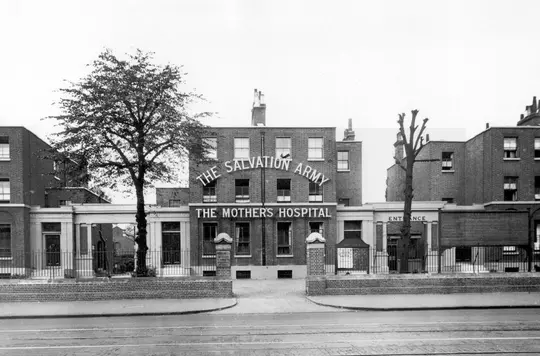
George Tanton explores how the Army’s social work expanded with the Mothers’ Hospital in Hackney, London.
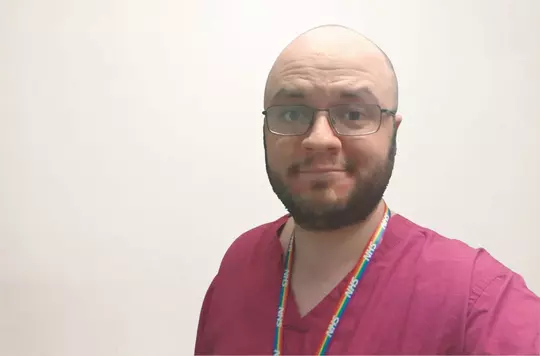
Captain Daniel Holland talks to Lyn Woods about nursing, becoming an officer and serving during the pandemic.

As we seek fullness of life for all with Jesus, Bethany Gibson reminds us that we’re not living in a Barbie world.

Captain (Dr) Will Pearson, a member of the Moral and Social Issues Council, considers the rise of alcohol-free drinks in society.
